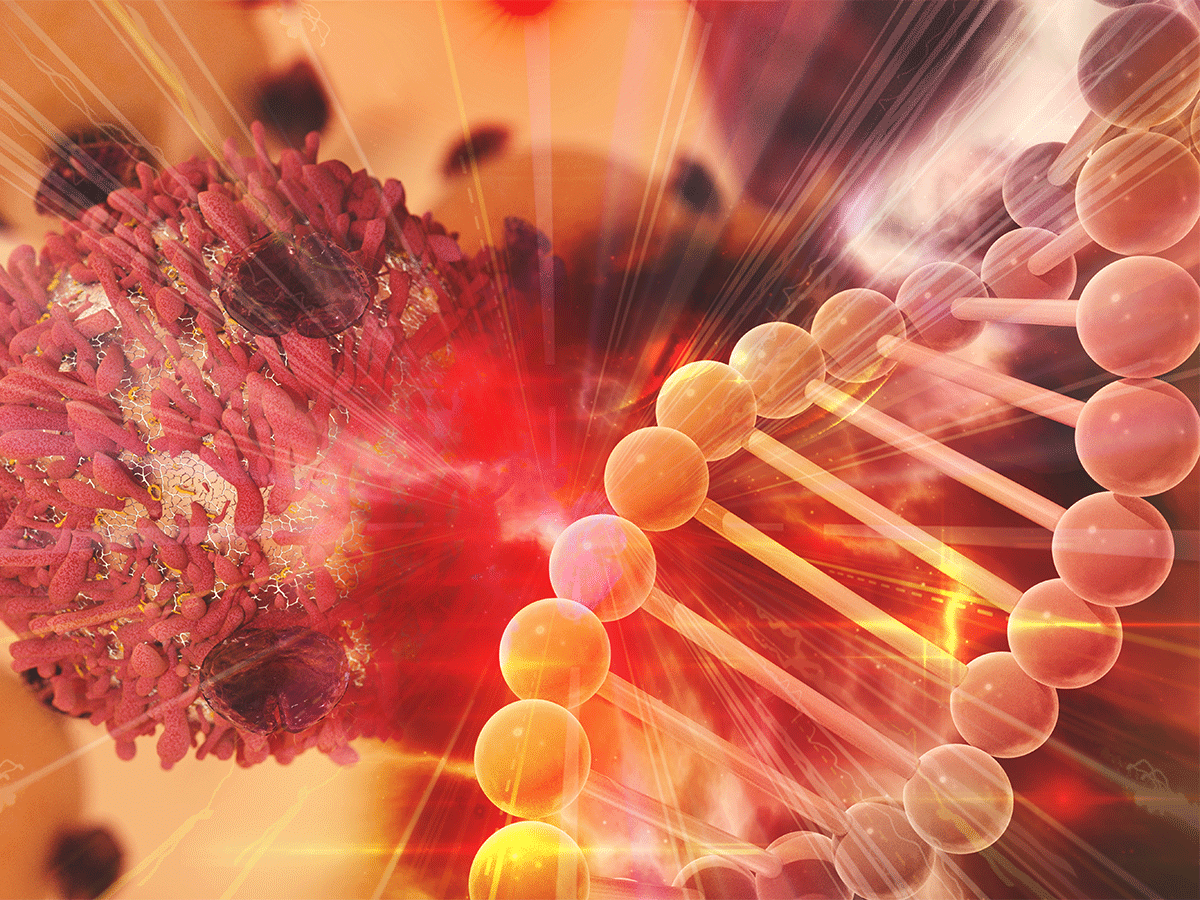Liquid biopsy startup Delfi Diagnostics Inc. scooped up $100 million in a series A round led by Orbimed Advisors LLC. The company will use the funds to grow its team of cancer researchers and machine learning experts and to validate its next-generation blood-based testing technology in prospective clinical trials.
Existing investors Menlo Ventures, Samsara Biocapital, Illumina Ventures, Av8 Ventures also participated in the round, along with new investors Foresite Capital, Northpond Ventures, Cowen Healthcare Investments and Rock Springs Capital.
Founded in 2019, Delfi previously raised $5.5 million in seed funding, bringing total investment in the Baltimore-based company to $105.5 million.
Novel approach
Delfi’s technology uses an approach called cell-free DNA fragmentation, or “fragmentomics,” which is related to the way DNA interacts with nucleosomes and is organized in the chromosomes. It leverages machine learning to characterize the entire genome from a sample of blood – DNA fragments from tumors as well as healthy white blood cells – and looks for differences between the two. The aim is to catch more cancers earlier when they are more treatable and reduce the need for surgical biopsies.
“We’re essentially looking at patterns of the distribution across the genome of how the cell-free DNA fragments are organized and aligned across the genome to help us detect evidence of epithelial cancer DNA in an admixture of the normal white cell DNA that’s typically present in the blood,” Nic Dracopoli, Delfi’s chief scientific officer, told BioWorld.
The machine learning not only detects the potential presence of cancer, but determines the tissue of origin of the specific tumor signature.
According to Dracopoli, the chromogen organization of epithelial cells that give rise to a cancer differs to accommodate its unique protein expression. With Delfi’s approach, “we find echoes of that signature in the cell-free DNA fragments that allow us firstly, to find the cancer and then, in many cases, be able to identify the cellular origin of that cancer.”
The approach differentiates Delfi from other liquid biopsy companies that look for differences in methylation or gene mutations.
Delfi licensed the intellectual property for its cell-free DNA fragmentation test from Johns Hopkins University. The technology was spun out of research developed in the laboratory of Victor Velculescu, co-director of cancer biology and associate cancer center director for precision medicine at Johns Hopkins University and Delfi’s founder and CEO.
High degree of accuracy
In a paper published in Nature in 2019, Delfi’s test demonstrated sensitivity of 57% to 99% among seven cancer types and 98% specificity in samples drawn from 400 individuals.
“We are measuring the consequence of abnormal mitosis, a fundamental hallmark of cancer that is exclusive to cancer,” Velculescu said. “This means our assay is highly specific to cancer and only minimally affected by other diseases or aging.”
The company plans to develop a platform of in vitro diagnostic tests, first targeting specific cancers and eventually offering a multicancer test. It is currently working in lung and a variety of other cancers, Dracopoli said.
“We’re starting clinical trials imminently,” he said, adding studies will start in the U.S. and expand to other countries.
The ultimate goal is to develop an inexpensive test that can be applied broadly to screen large numbers of patients.
“Over the past 18 months, Delfi has extended its retrospective studies to thousands of individuals,” said Greg Yap, partner at Menlo Ventures and a member of Delfi’s board of directors. “We believe early detection at scale will require lower costs and broader distribution, and we see Delfi’s technology as well-suited both for common, high-risk populations like patients at risk of lunch cancer and for early detection of multiple cancers in large populations.”
Competition
A growing number of large and small companies are vying in the liquid biopsy space, both through innovation and acquisitions. Nuview Life Sciences Inc., of Park City, Utah, is developing a binary – yes/no – test that employs a proprietary peptide construct, NV-VPAC1, which targets a specific receptor that is overexpressed on the surface of cancer cells. The company currently is raising $25 million in a series B round to move its in vitro product for prostate cancer through U.S. FDA regulatory channels and into the market.
In October, Exact Sciences Corp., manufacturer of the Cologuard cancer test, snapped up two liquid biopsy screening companies, Thrive Earlier Detection Corp. and Base Genomics Ltd., for $2.56 billion. That twin deal came one month after Illumina Inc. bought blood-screening startup Grail Inc. for $8 billion.
“The early detection space is very large, and I think there’s clearly going to be a niche for many different players with different approaches, which may work differently for different types of cancers,” Dracopoli said. That said, cell-free DNA fragmentation may offer “a less expensive way of bringing this type of screening to large numbers of patients than some of the other technologies,” he added.

